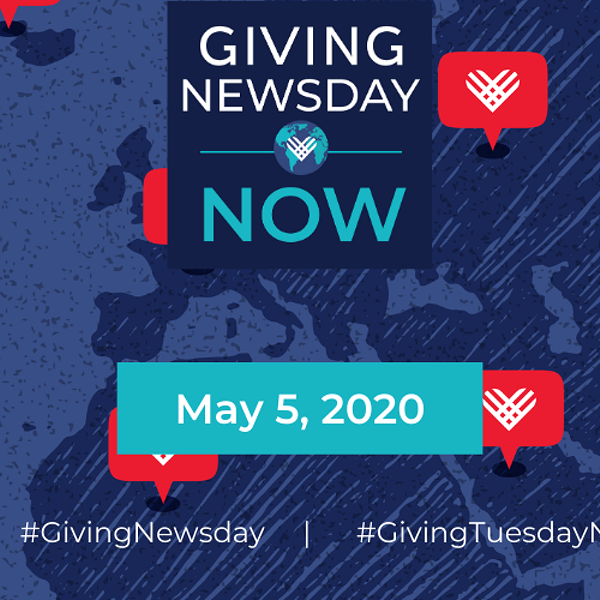BKM: We seem to be at a point now with regard to corporate dominance and corporate consolidation of the media industry that there seems to be no alternative. Is there a way to get the corporate genie back in the bottle?
RM: Two years ago it seemed that we could never change things. Everyone said, "It's hopeless pal, you don't know what you're talking about. This lobby is super powerful, most people are perfectly happy with what they're getting. And to top it off, the corporate media are in the ideal position to control any criticism there because they control the news. So how are people even going to learn about this?"
And I couldn't really argue with them too much.
BKM: What changed?
RM: Well, what happened in the last year and a half has been nothing short of a watershed. In the fall of 2002 the Federal Communications Commission announced it was going to review a handful of its remaining media ownership regulations. It looked like a slam dunk, that they would be able to relax these crucial rules for radio and TV stations [stipulating] how many stations they can own, how many other types of media they're allowed to own, and whether they can own newspapers in the same community - what's called "cross ownership."
The rules are the only form of regulations that ever worked. The theory was: the government is giving monopoly licenses away to radio and TV broadcasters, so it has an obligation not to let one or two companies gobble up all this public property. It is in the public's interest to have a multitude of voices and no central domination over media. But the big media companies hate ownership limitations because they want to get bigger and bigger, have less competition, so they can do more advertising and lower their costs: less competition, higher profits. They've been fighting like the dickens to get these rules relaxed, quietly behind closed doors on that proverbial Havana patio. With the administration of George W. Bush, they felt like they won the trifecta.
Bush is totally in bed with the big media corporations. And all three members of the FCC were Republicans. All [the big media corporations needed] were three votes to get rid of the rules - and all three members were basically totally gung ho about "deregulation" - letting corporate media get bigger. But deregulation is a misnomer - there's still as many government regulations as before. It is just regulation purely to serve corporate interests.
It looked as if we were going to lose. They had a three-to-two vote even before any evidence was taken. But a lot of wild things happened. For starters, the two democrats in the FCC, Michael Copps and Jonathan Adelstein, proved to be two extraordinary public servants. Most people who serve on the FCC go on to work for industry once they leave and make huge incomes, working for the industries they were once theoretically regulating. Copps and Adelstein said, "It's outrageous that we at the Federal Communications Commission might change these crucial media ownership roles that would've conceivably allowed one company to own and dominate almost all the media in a single community. We cannot do this without getting input from people in this country because they're going to have to live with these changes." They held 12 public hearings around the country and thousands of people came out and gave testimony. They talked about what they wanted from their media - even though there was no press coverage.
It was a revolutionary development. One which had never taken place in American history before. It was absolutely astonishing. And what [Cops and Edelstein] heard everywhere they went, from everyone across the political spectrum is that people did not like the idea of concentrated media ownership. People wanted more diverse media and less media concentration, not more. It emboldened them to lead this fight at the FCC. And it also emboldened millions of Americans to get involved from across the political spectrum - from the NRA to MoveOn.org, to make this a number one organizing issue for during 2003. Nearly three million people contacted either Congress or the FCC to register their opposition to relaxing the media ownership roles. Now we're getting close to the point where media policy is going to become a standard issue in our politics, much like environmental policy was made a standard issue by the environmental movement in the early seventies. The more we get the policy-making process off of that Havana patio and out of the hands of [corporations] and into the hands of the people of this country, only good things can happen. Because then we're going to get policies that will even more likely reflect the public interest.
















